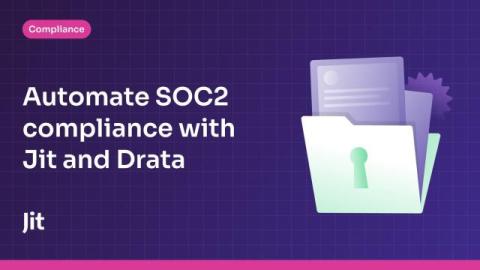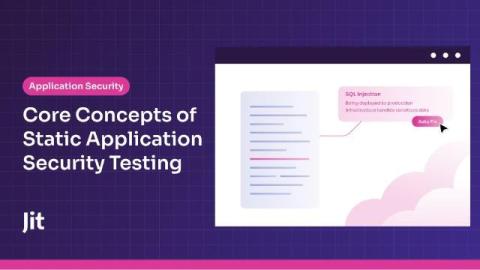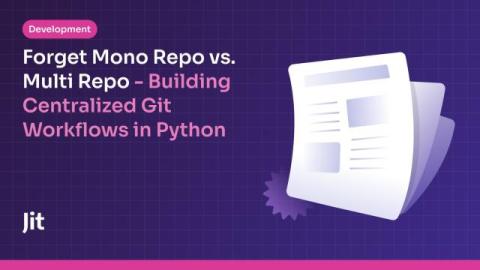Automating SOC 2 Application Security with Jit + Drata
Checking off application security requirements for SOC 2 compliance is often a burden for everyone involved. Security and GRC teams need to manually upload evidence to SOC2 compliance systems like Drata, while development teams suddenly need to use code security scanners that throw wrenches in the SDLC.











